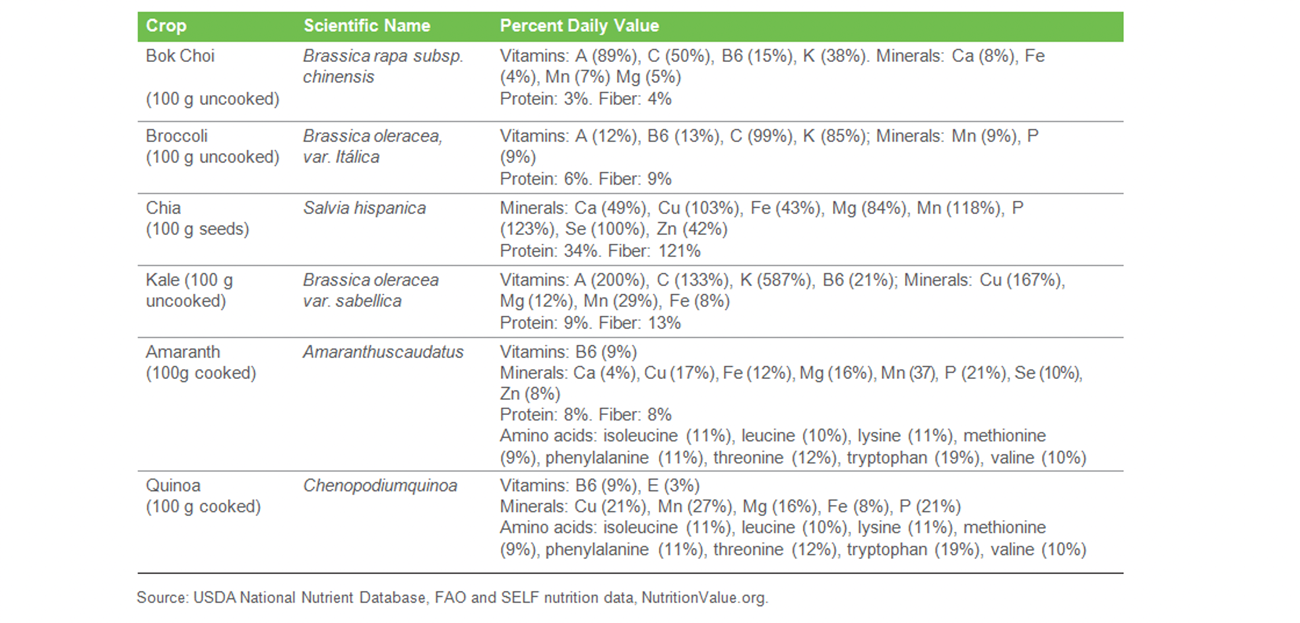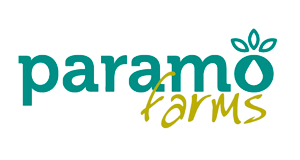Entrepreneurship, Empowerment and Diversification for Nutritional and Environmental Sustainability
With private and public support, a group of Colombian farmers led by women turned a scenario of poor nutrition and land deterioration into a model of food and environmental strengthening.
Context of the story
The Vereda Pantano de Arce (Colombia) lies in an ecosystem once rich in water sources and species, at 3,100 meters above sea level. However, the expansion of potato monoculture and pastures has dramatically degraded the native vegetation. The resulting lack of food variety has caused a nutritional deficit in its people, whose diet relies mostly on potatoes and dairy products. An urgent need to reverse this situation has led local farmers to find ways to multiply their sources of nutrients while restoring the former wealth of indigenous varieties.
How to enrich a community, its nutrition and its environment at the same time?
The implemented initiative
With the support of AGROSAVIA and COLCIENCIAS and the advice of experts, associated local farmers have carried out initiatives on several fronts:
• training in organic agriculture;
• testing and adaptation of new varieties of potatoes and ancestral crops;
• collective land use managed by a community entrepreneur;
• the establishment of a product development and marketing company.
In turn, the local people have reforested the area, contributing to the renewal of the watersheds.
Aprender a controlar plagas orgánicamente y a diversificar para la revitalización del ecosistema.
The technological solution
In 2015, after an awareness-raising campaign about the importance of more varied nutrition and ecosystems, the farmers in Pantano de Arce began training in how to grow a wider range of species without using agrochemicals.
They tested and applied a technological package that includes adding compost to soils and using allelopathic plants, identified tubers and vegetables resistant to diseases such as late blight, and developed environmentally friendly methods for the control of the white worm (Premnotrypesvorax).
As a community-strengthening strategy, they created Páramo Farms, granting families access to collective use of land to produce food of nutritional diversity and quality.
The farmers have implemented two ways to guarantee the sustainability of the project: applying for international organic certification and developing a healthy snacks business.
"Today, my granddaughters eat different vegetables every day, a luxury that was unknown to us in our childhood."
Participating countries
Results
In two years, the farmers have managed to produce 23 types of vegetables and Andean grains, among which are eight varieties of native potatoes with a high iron, zinc and antioxidant content; "Superfoods" such as kale and broccoli; and ancestral grains considered essential for food security by the FAO. They have planted some 22,000 trees of 12 native species to reforest the area.
These changes have had an impact on the economy too: part of what is harvested is marketed directly or as snacks, thus extending benefits to a greater number of families.
Finally, hiring women workers from the community has brought about empowerment as well as social strengthening.
Relevant data

Nutrients under scrutiny
Nutrition value of crops produced by ASOARCE

Participating Organizations
Project Information






Geolocated Map
Researchers
Margarita Cabal


 Colombia
Colombia